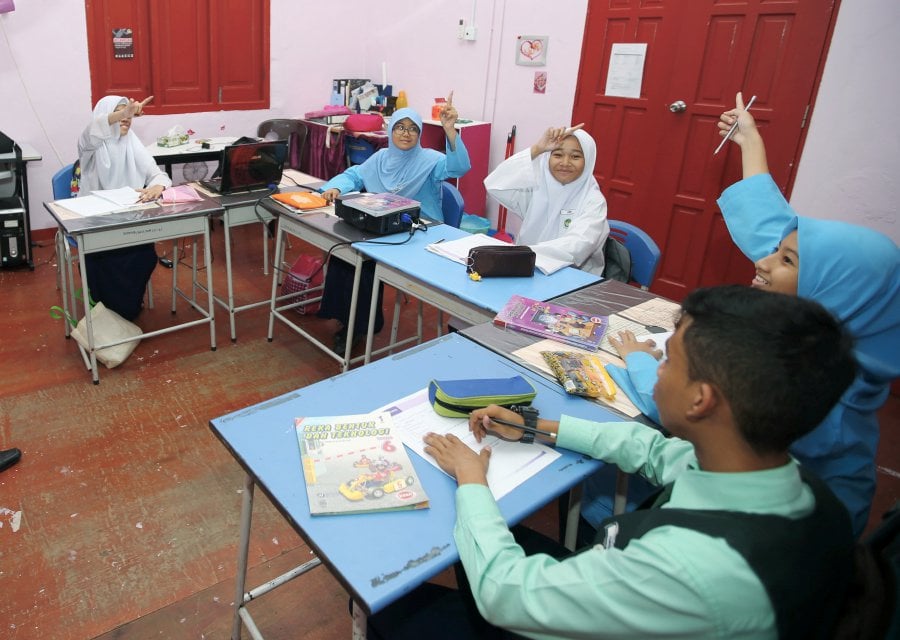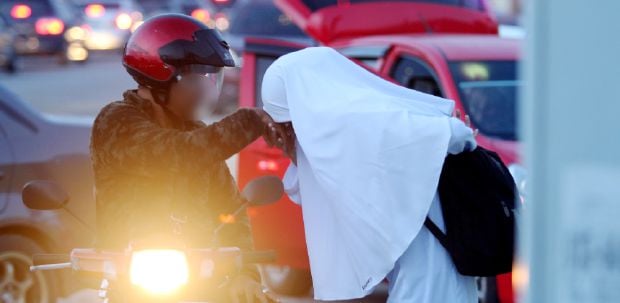I RECENTLY had a conversation with a friend. I asked how she was spending her hours at home, being an interior designer and social person.
She said she was helping her daughter finish her school project and helped her with her schoolwork daily.
The issues we discussed are for the betterment of the education system. First, school projects. Every subject is assessed using formative and summative assessments.
Formative assessment includes checking students’ progress, project work and other aspects of teaching and learning, where teacher and peers help students with the subjects.
Summative assessment is mostly written examinations.
My first question is, if projects are to be completed by students, should they not be done and completed in schools to be counted as the work of students?
Instead, they take their projects home and get help to complete them.
During the implementation of Civics and Citizenship Education subject in primary schools, a certain amount of time was allocated for students to complete community-based projects.
My son’s teacher gave a note and asked him to complete the project at home.
Being the textbook writer of that particular standard, I asked the teacher how assessment would be done if the student did not perform the task at school with his peers.
So, the first reminder is, projects given should be started and completed in school.
Only then can teachers observe and evaluate the progress and development of soft skills in students, such as teamwork, problem-solving, leadership, critical thinking and mutual respect.
The second issue that came up was my friend, who was coaching her daughter in mathematics, realised that the teacher had not marked her daughter’s math exercise book since the beginning of the year.
She asked me: “How can a teacher know the progress of the student if exercises have not been corrected or discussed in class?”
During my teaching years and even my own school days, my teachers and I used several ways to ensure that exercises and homework were marked and up to date.
Sometimes, my Math teacher who used to give 40 to 50 math questions a day, would ask us to exchange exercise books
with our friends and do peer marking.
In my Moral Education class, I encouraged students to share their responses and provided them with options.
The final task would be to ensure students understood and appreciated the trouble they had taken to answer the questions and complete the exercises.
So, the message here is that teachers should use creative ways to ensure work given to students is marked and feedback provided.
How else would students and their parents about the formers progress?
The final issue that came up was the inconsistency of teachers being in class.
I was a discipline and ICT coordinator during my teaching days. I had cases of discipline almost every day and it cut into my teaching time.
If a teacher is on long leave due to illness or delivery leave, then the headmaster should ensure that there is continuity in teaching and learning.
My friend’s question — if teachers are changed or substituted, how can they monitor the progress of students?
Won’t it effect the formative assessment component?
That is a question that needs to be taken further if we want our students to grow in this digital era.
DR VISHALACHE BALAKRISHNAN
Director, Centre for Research in International and Comparative Education (CRICE), Universiti Malaya





